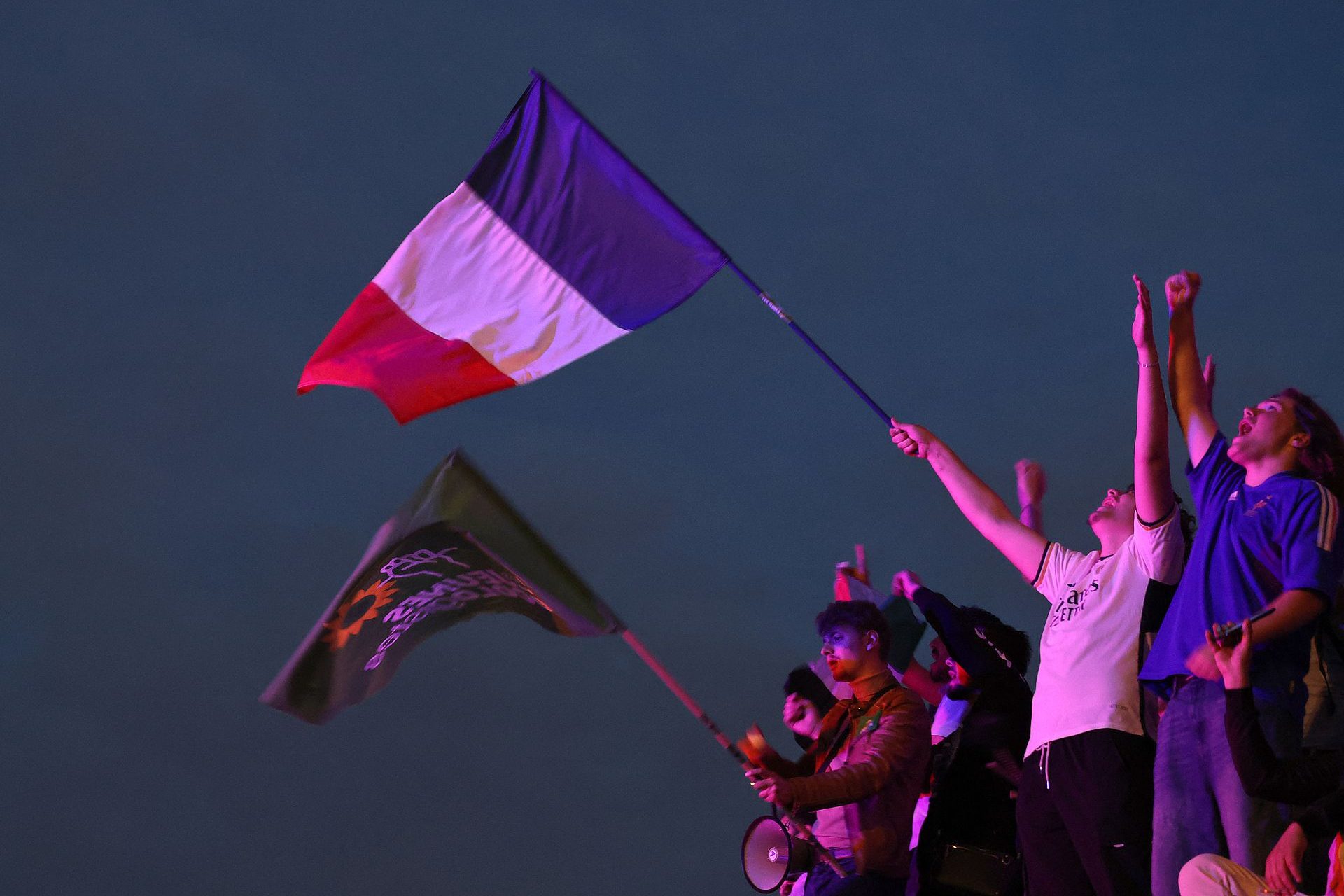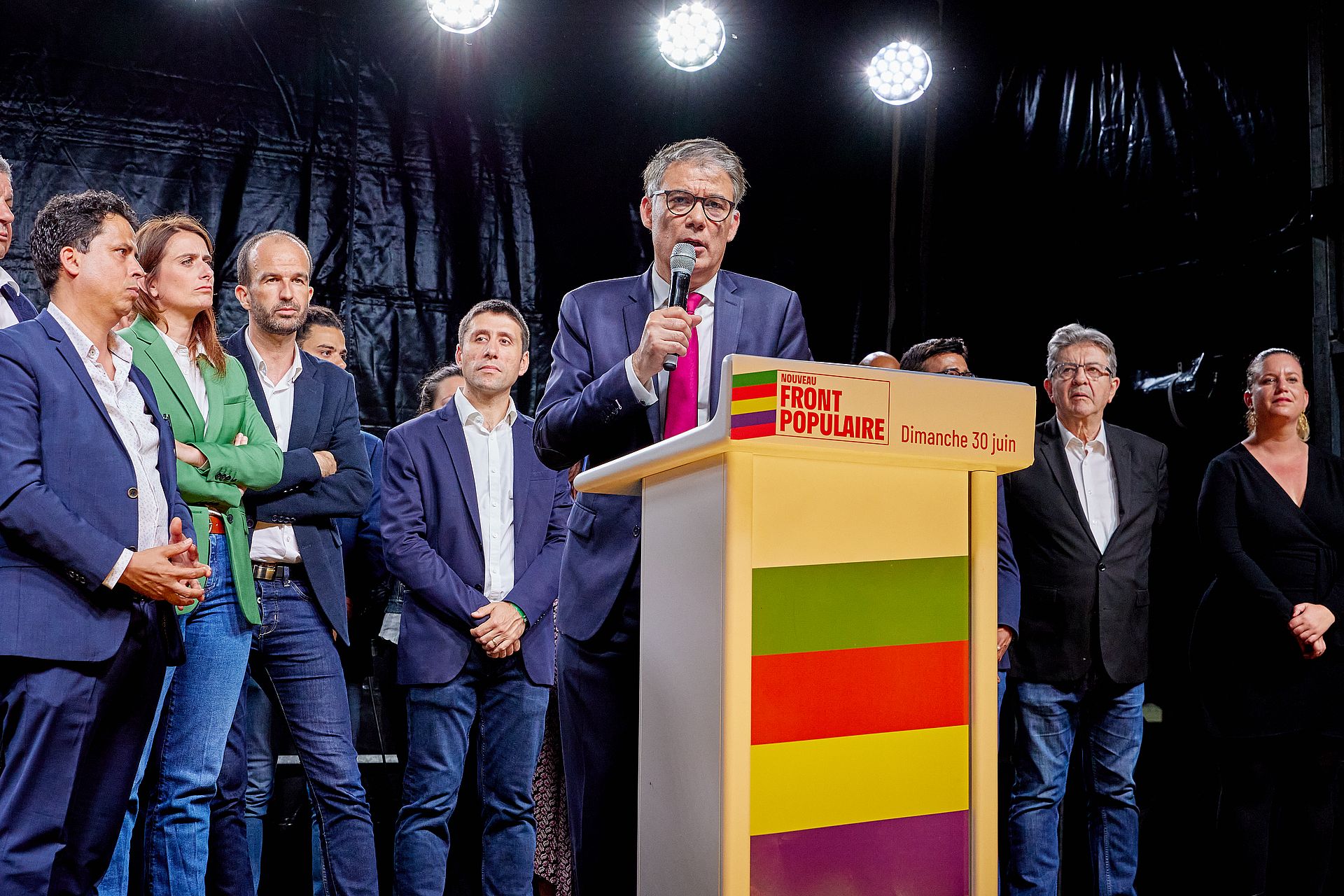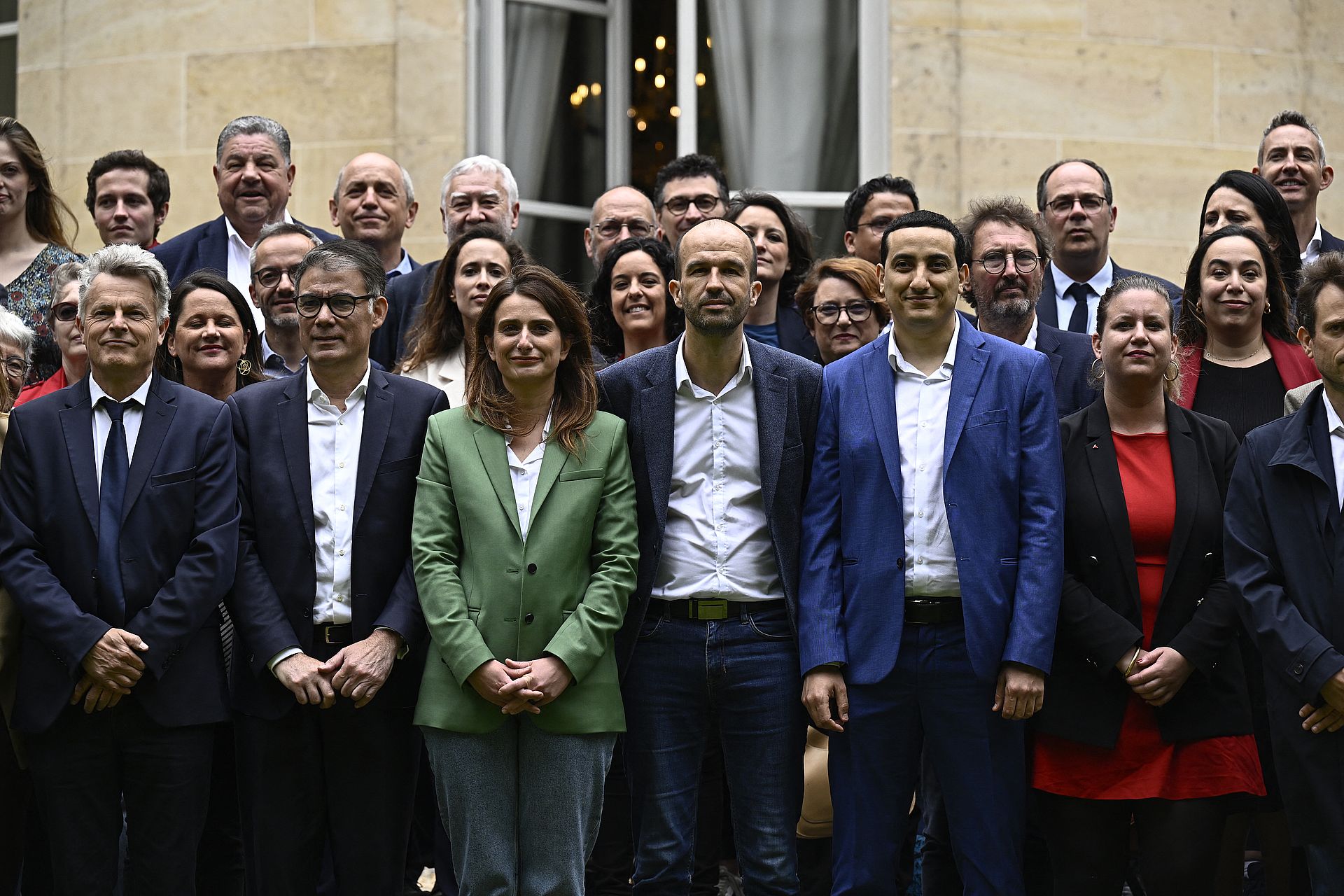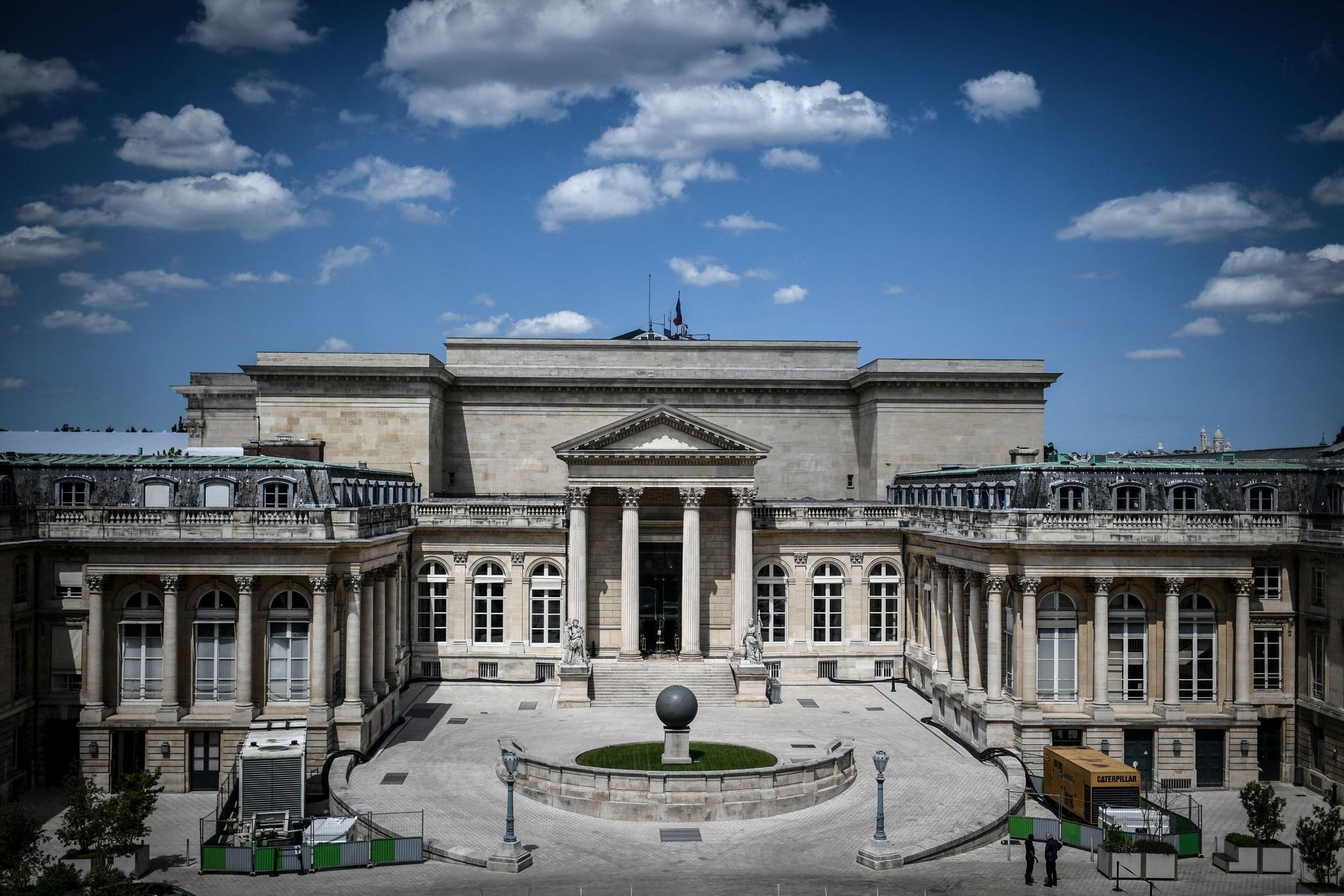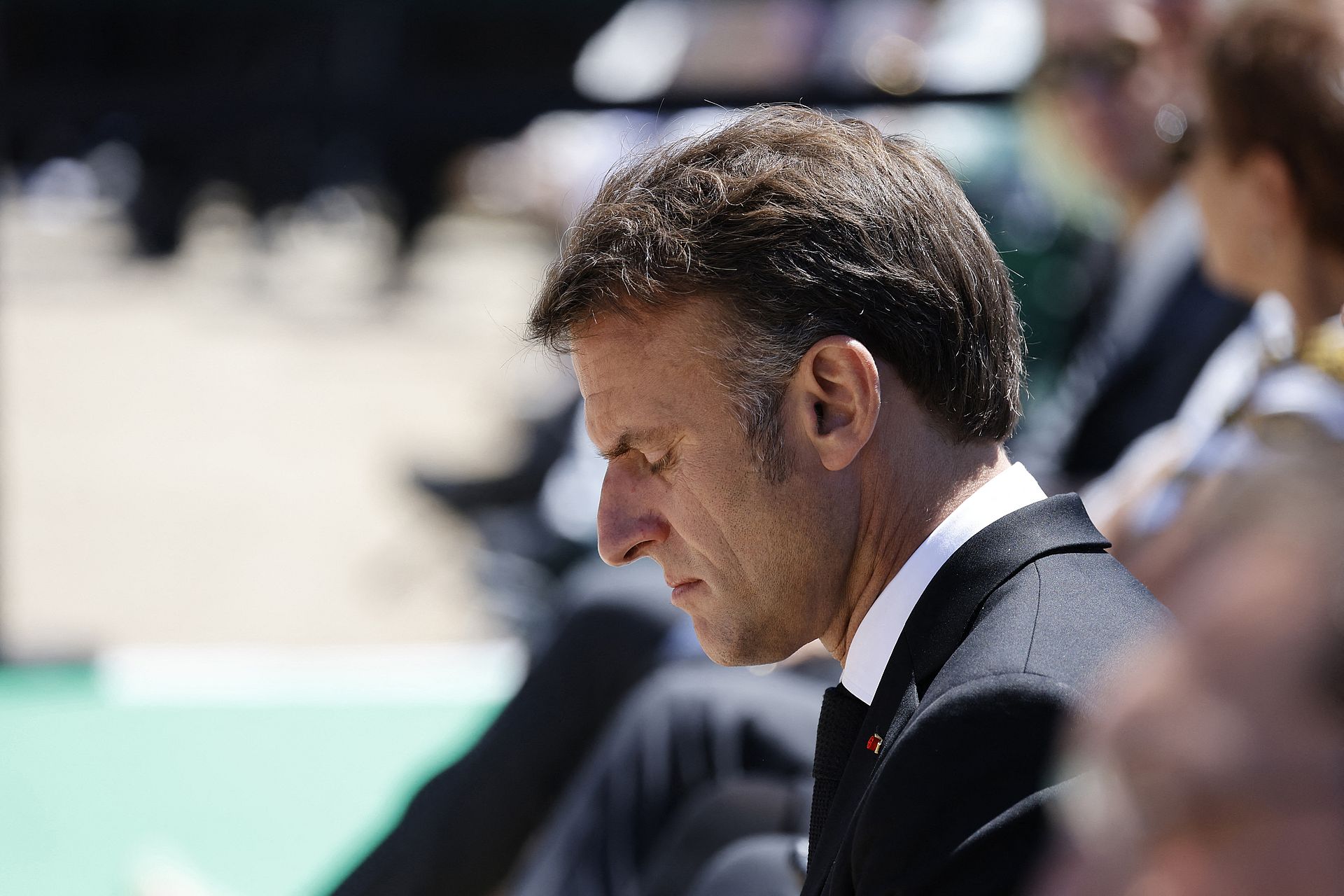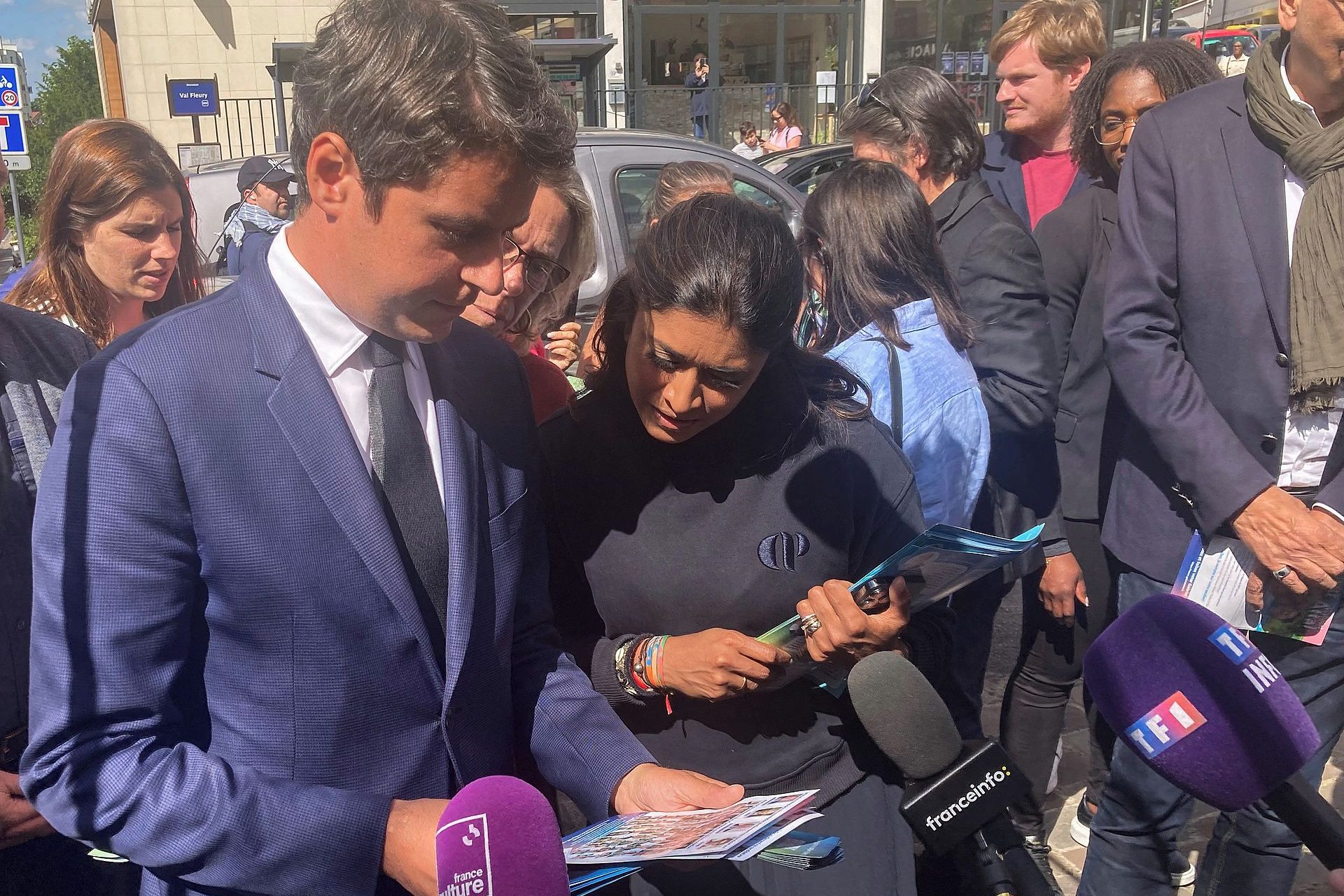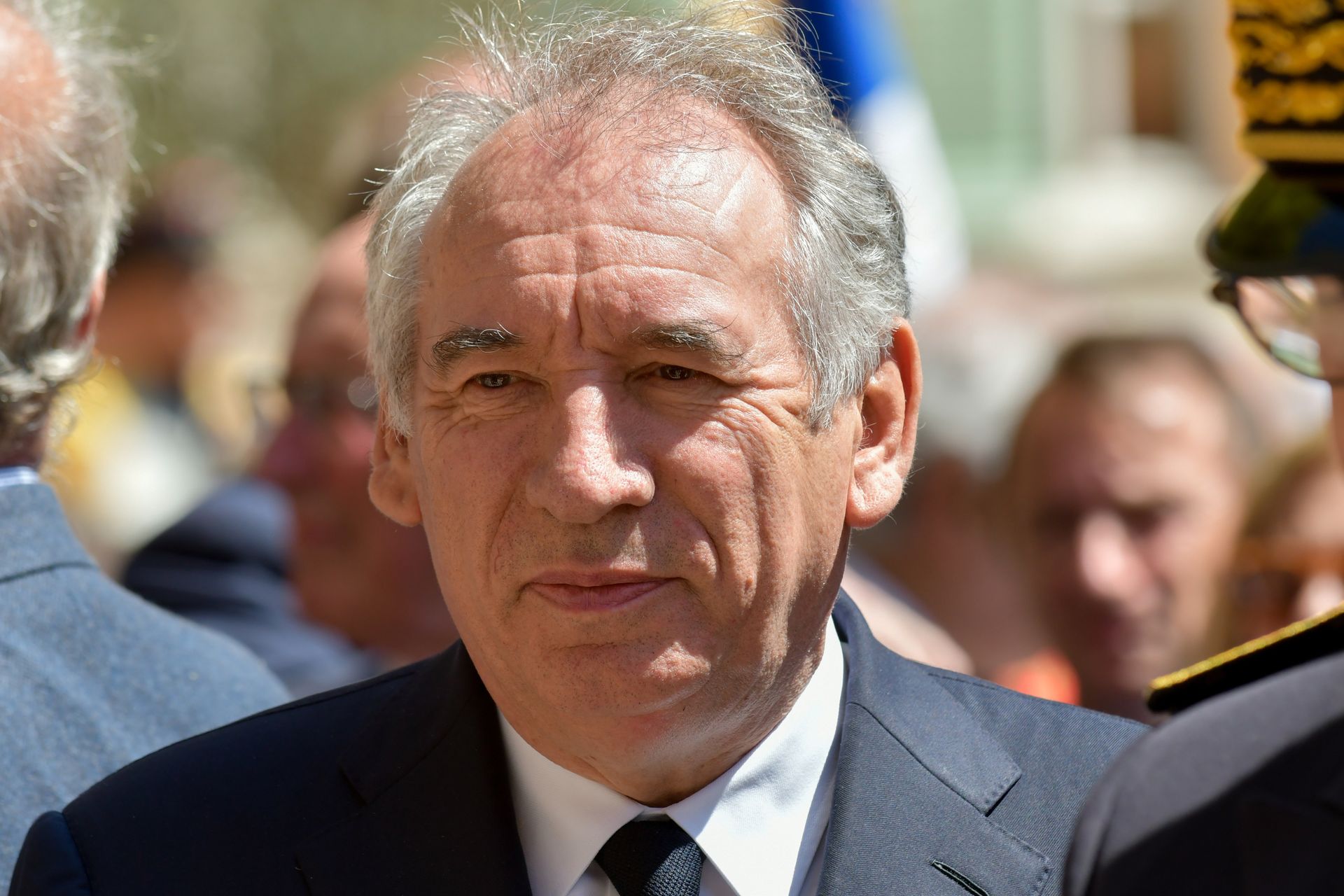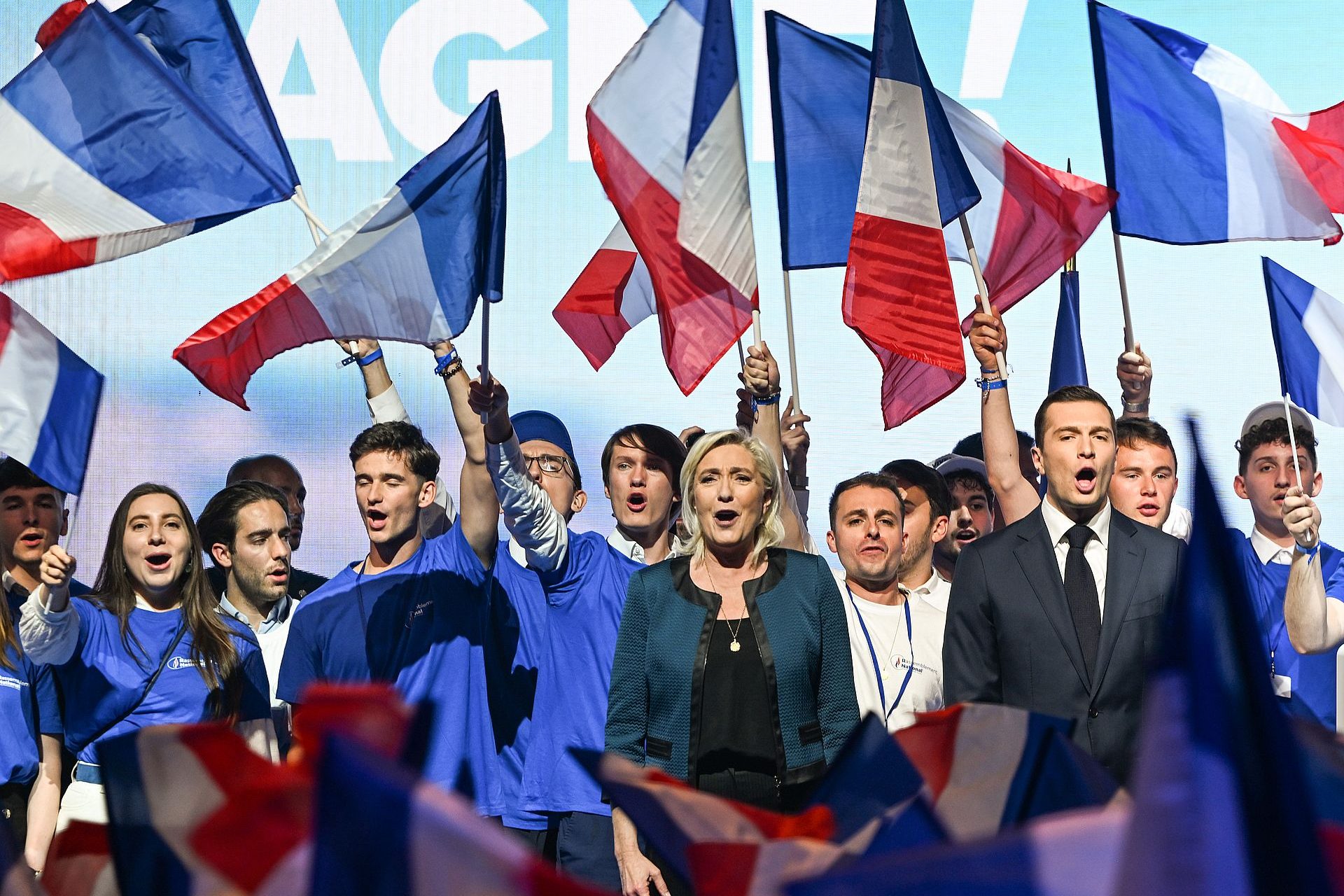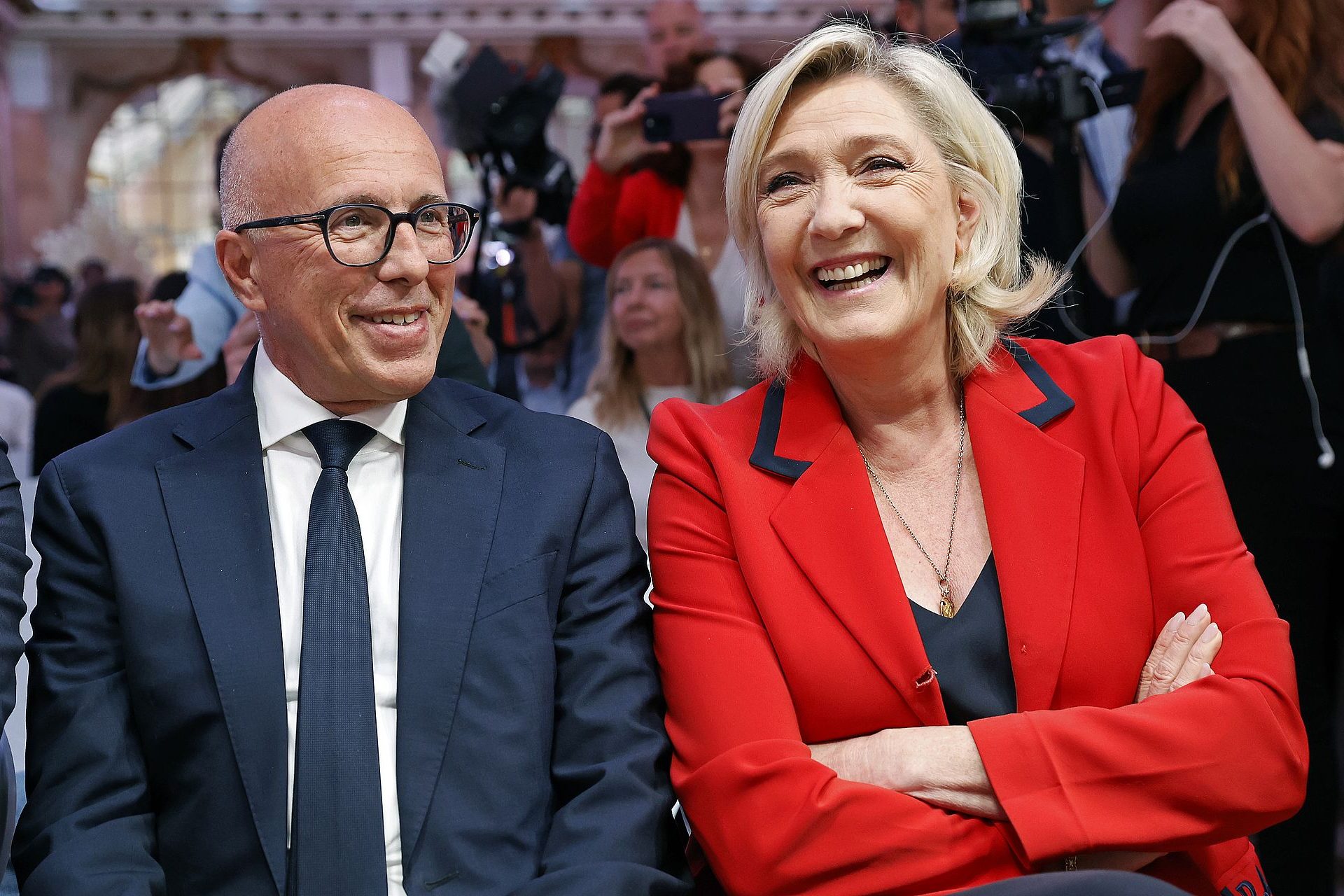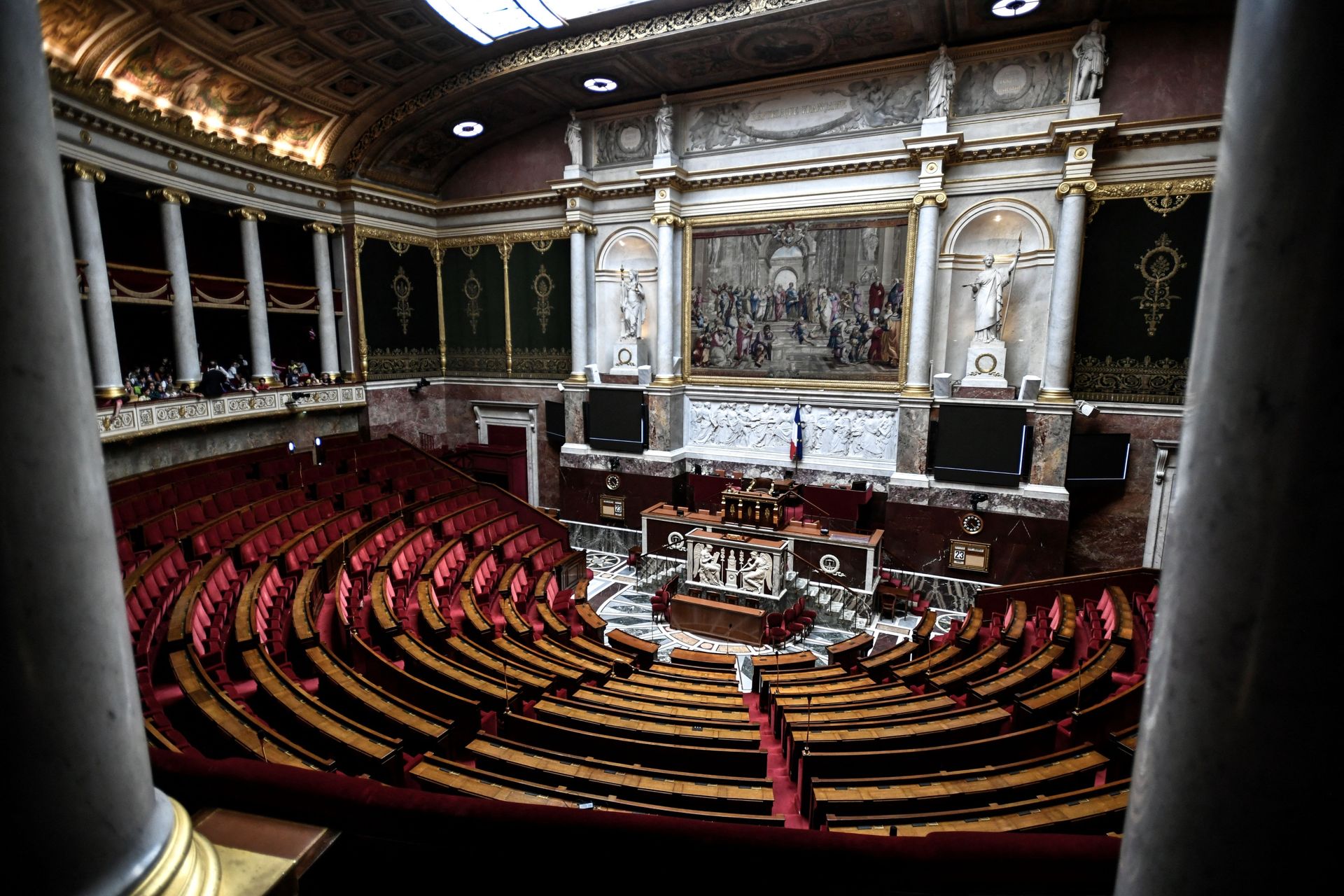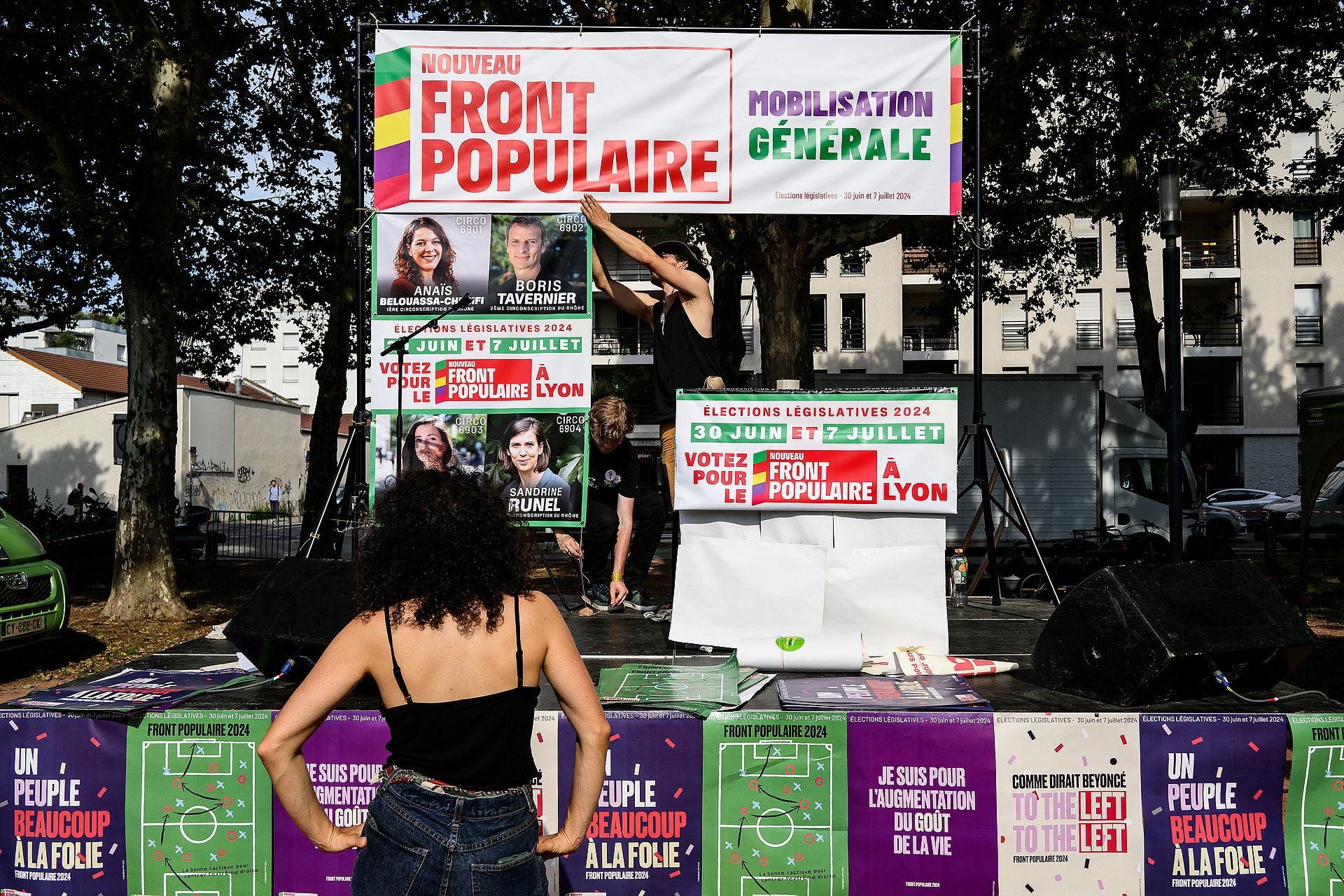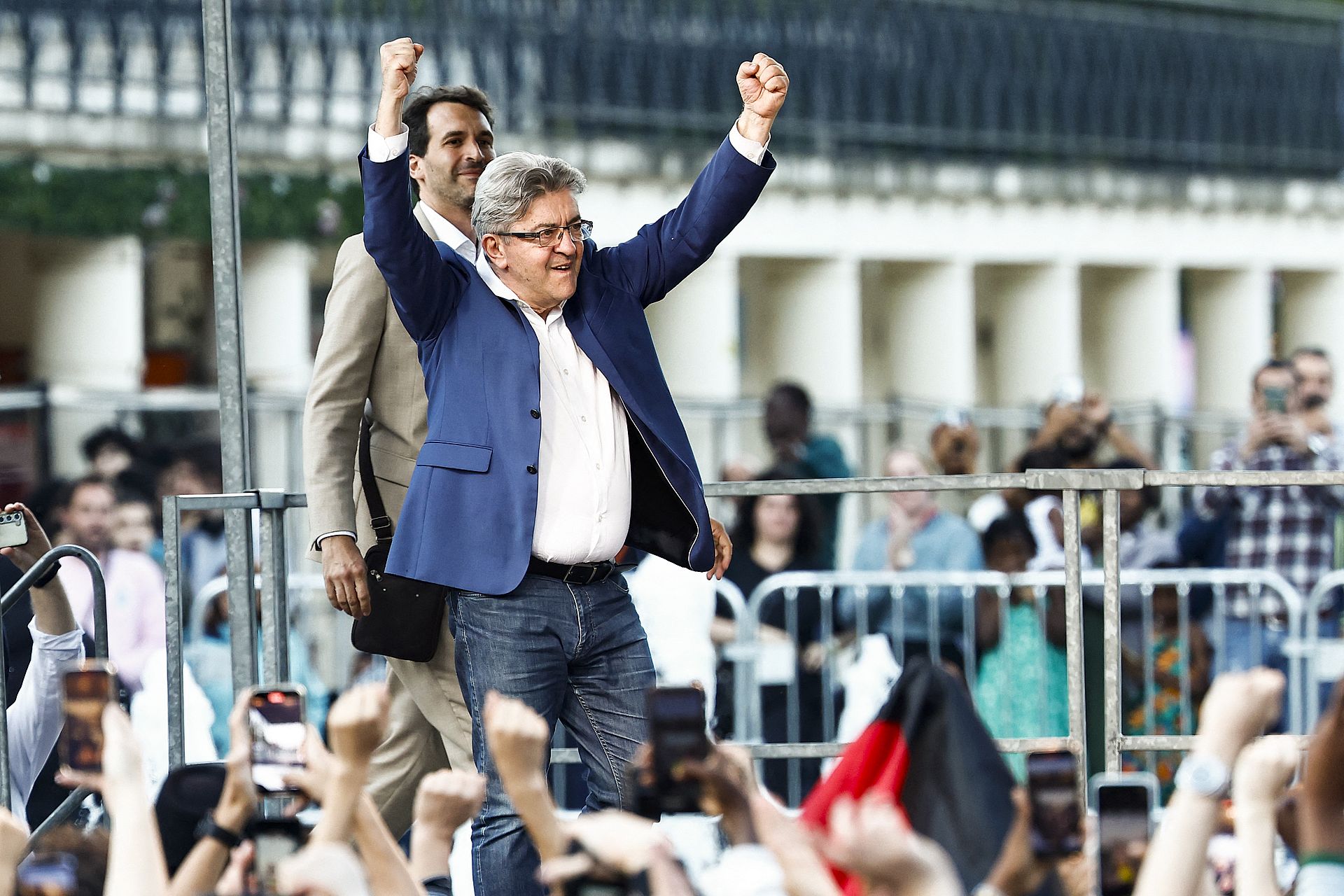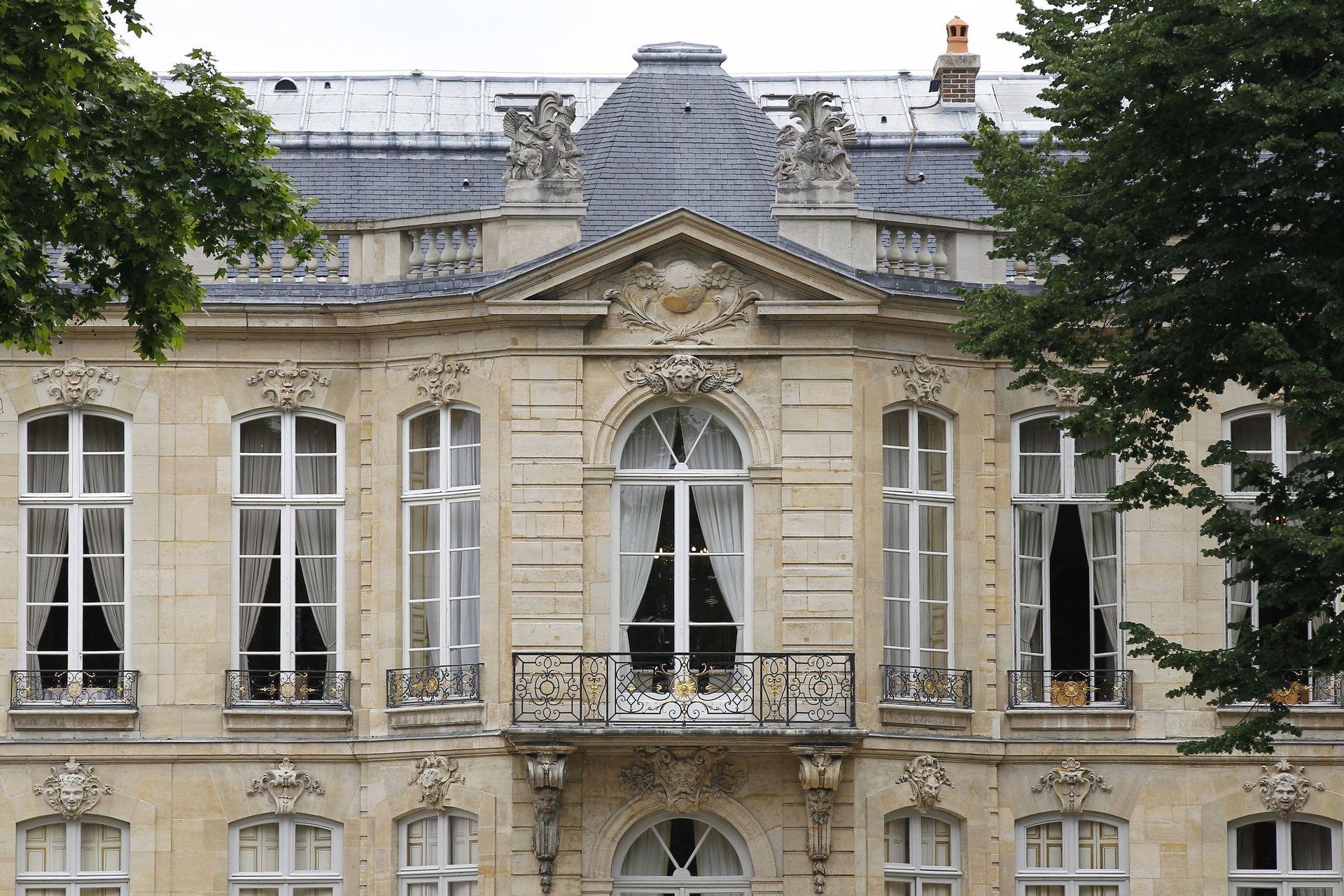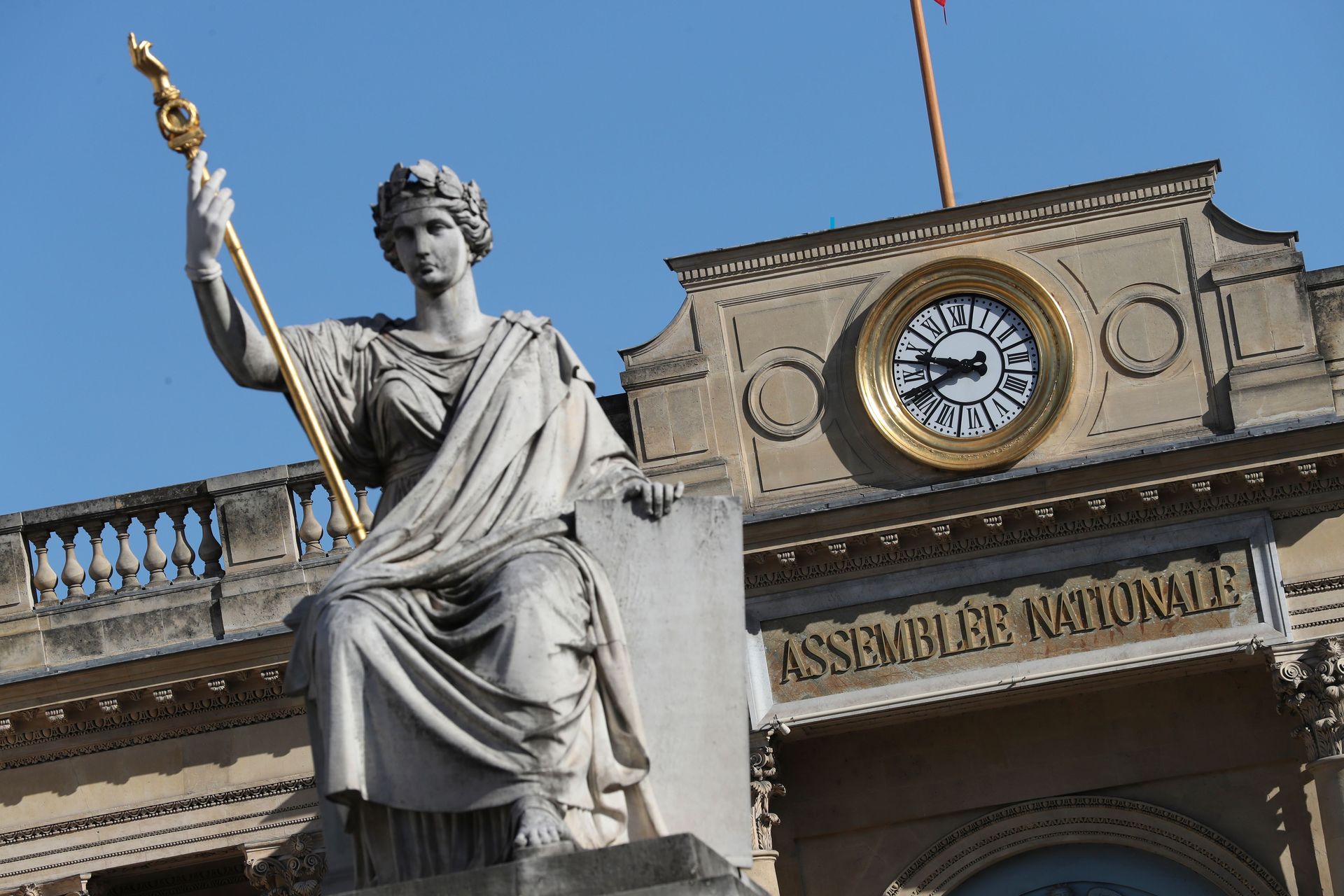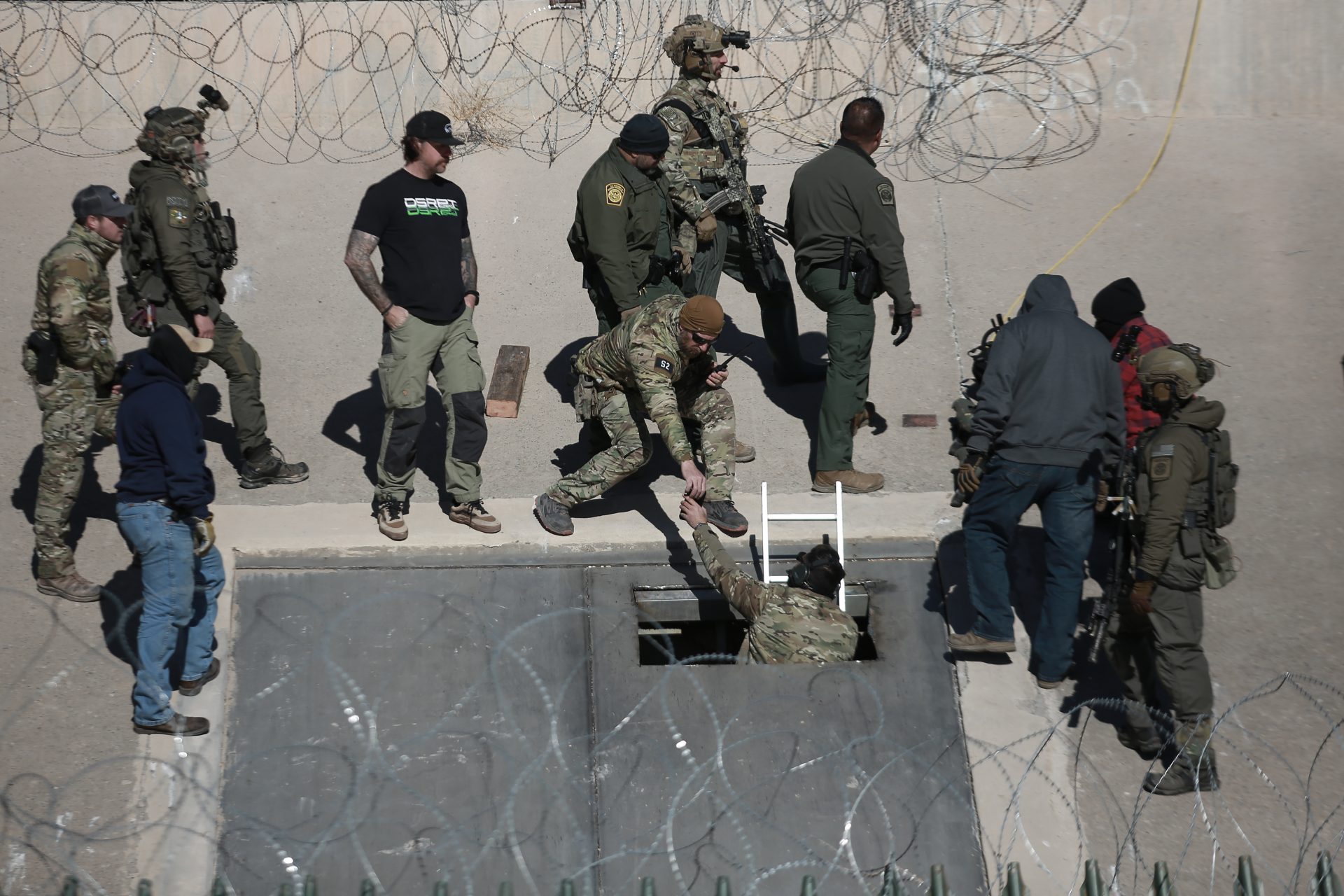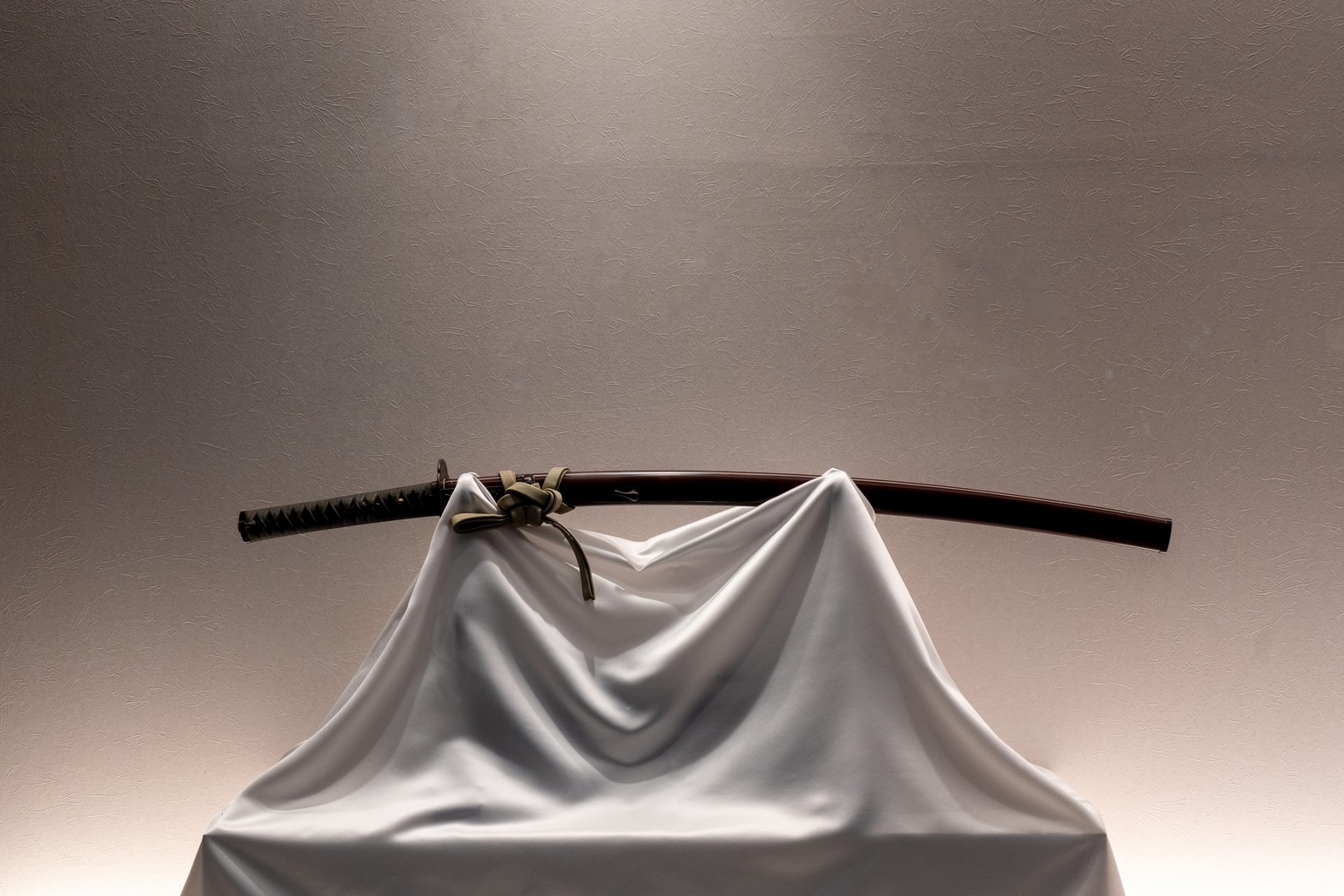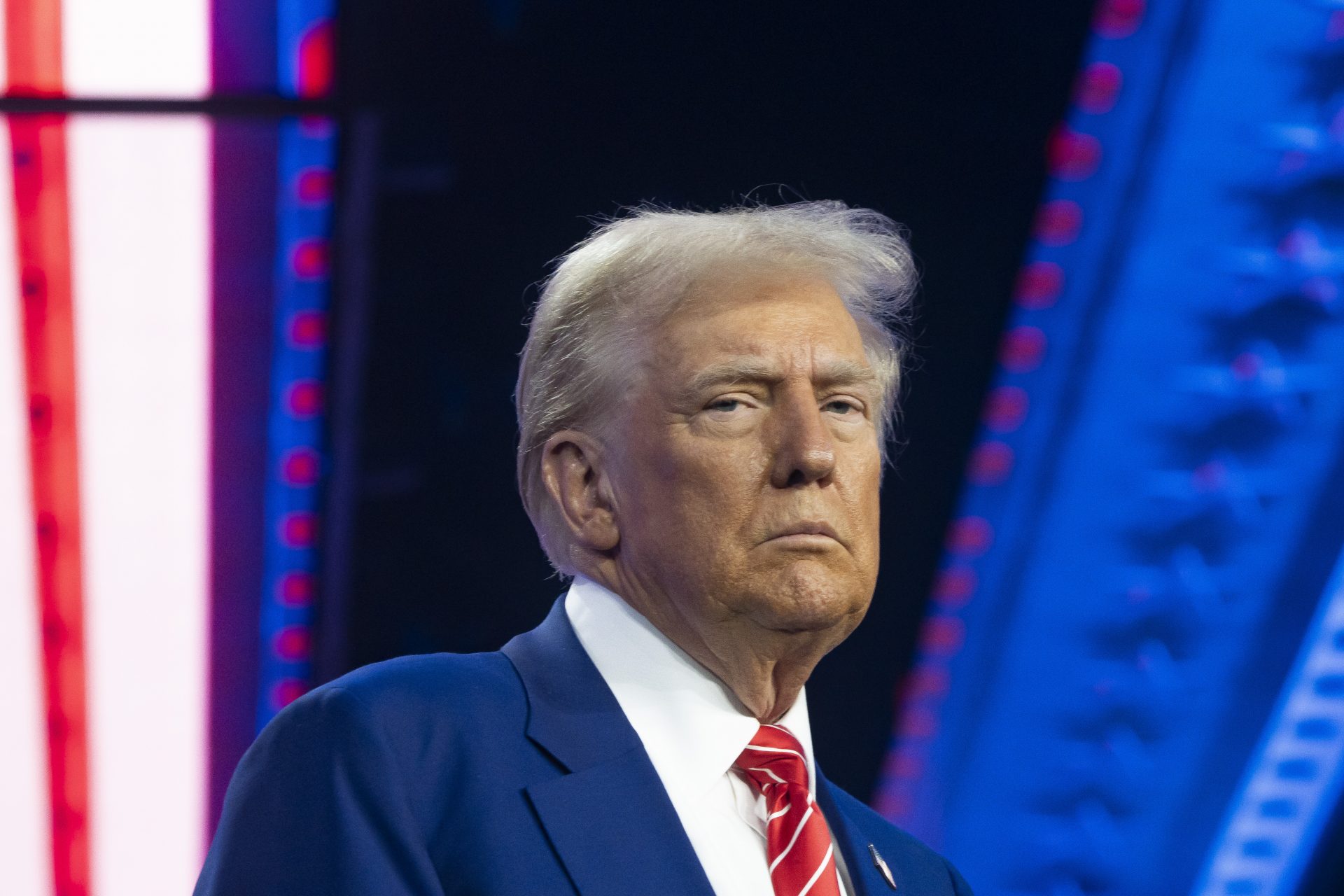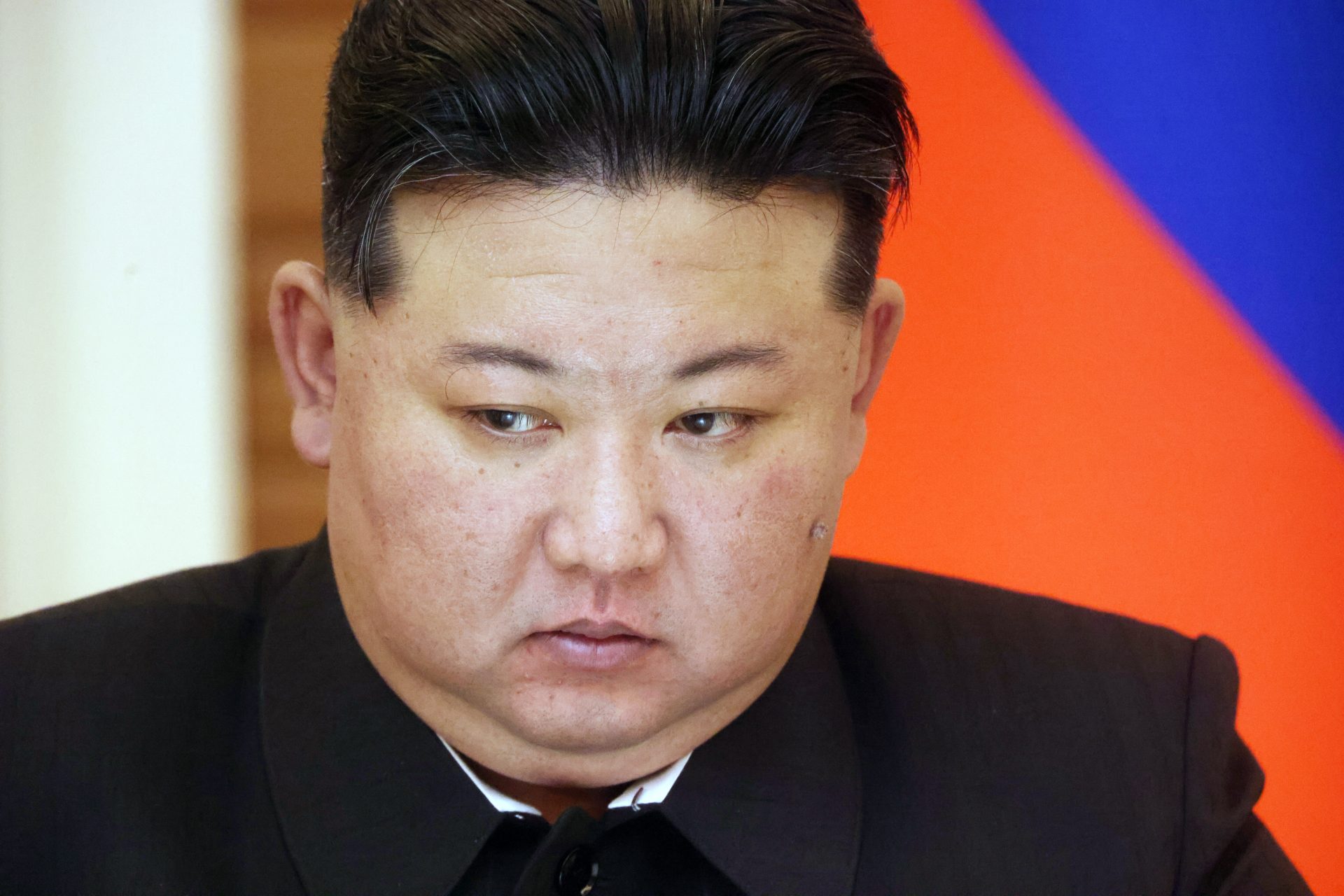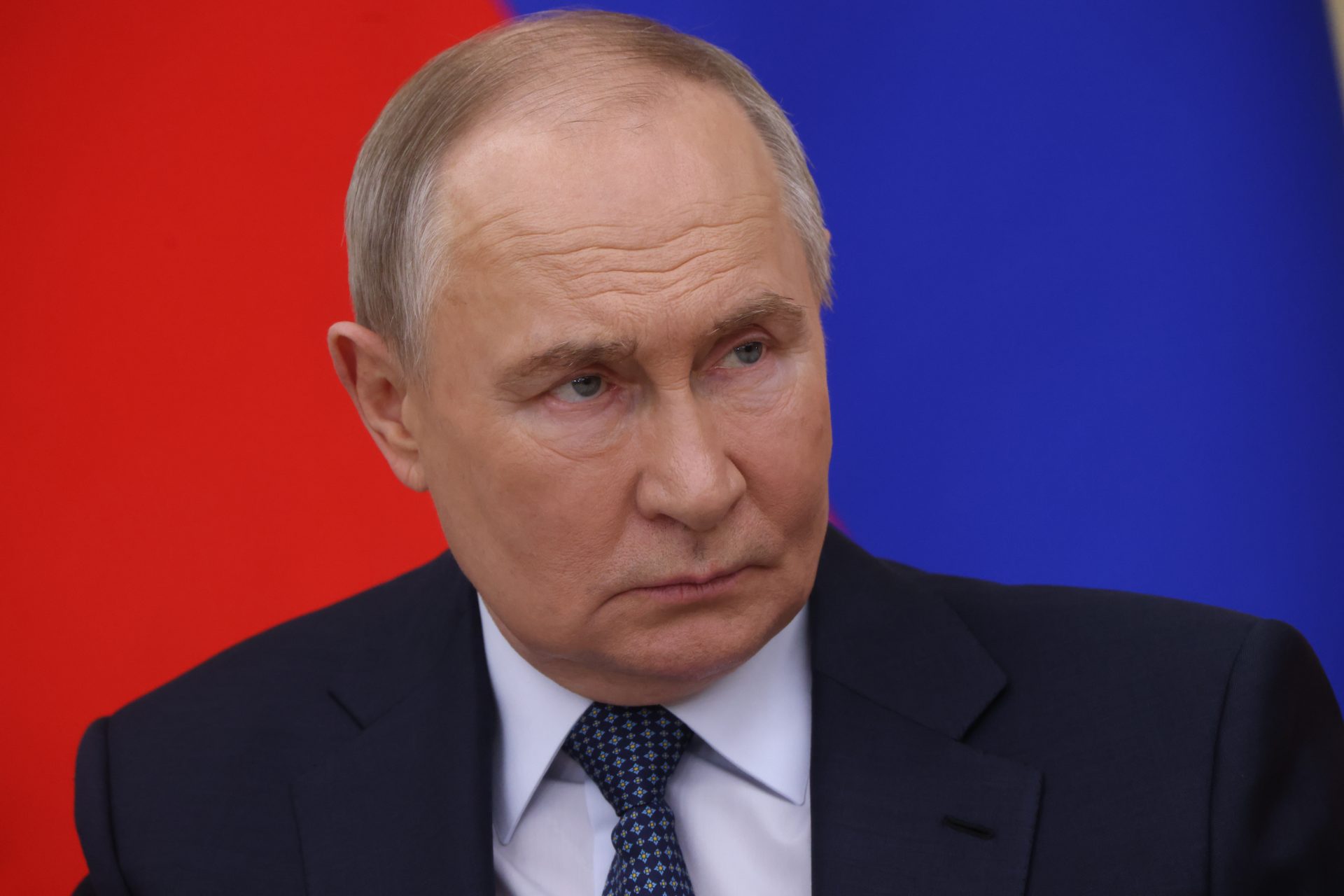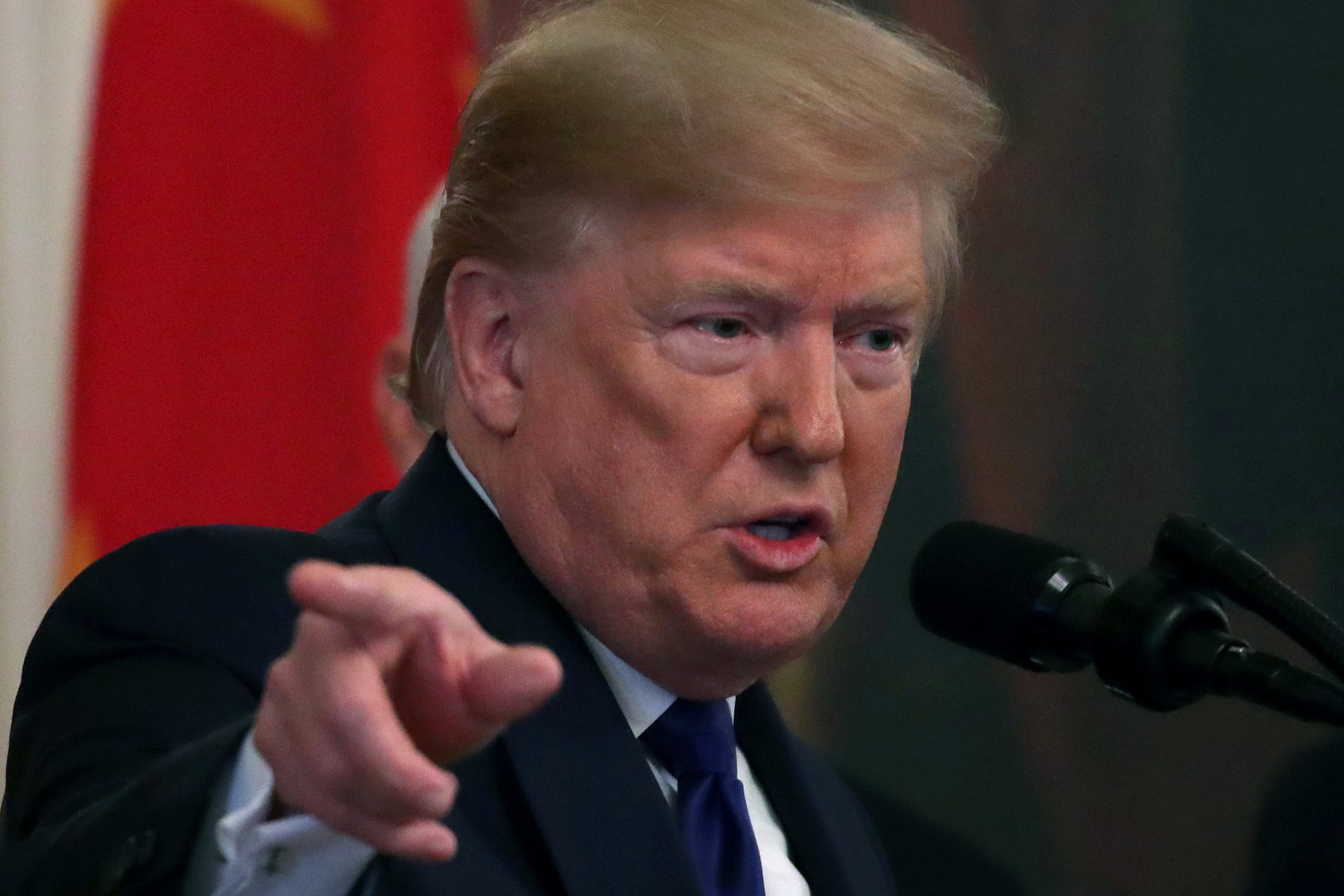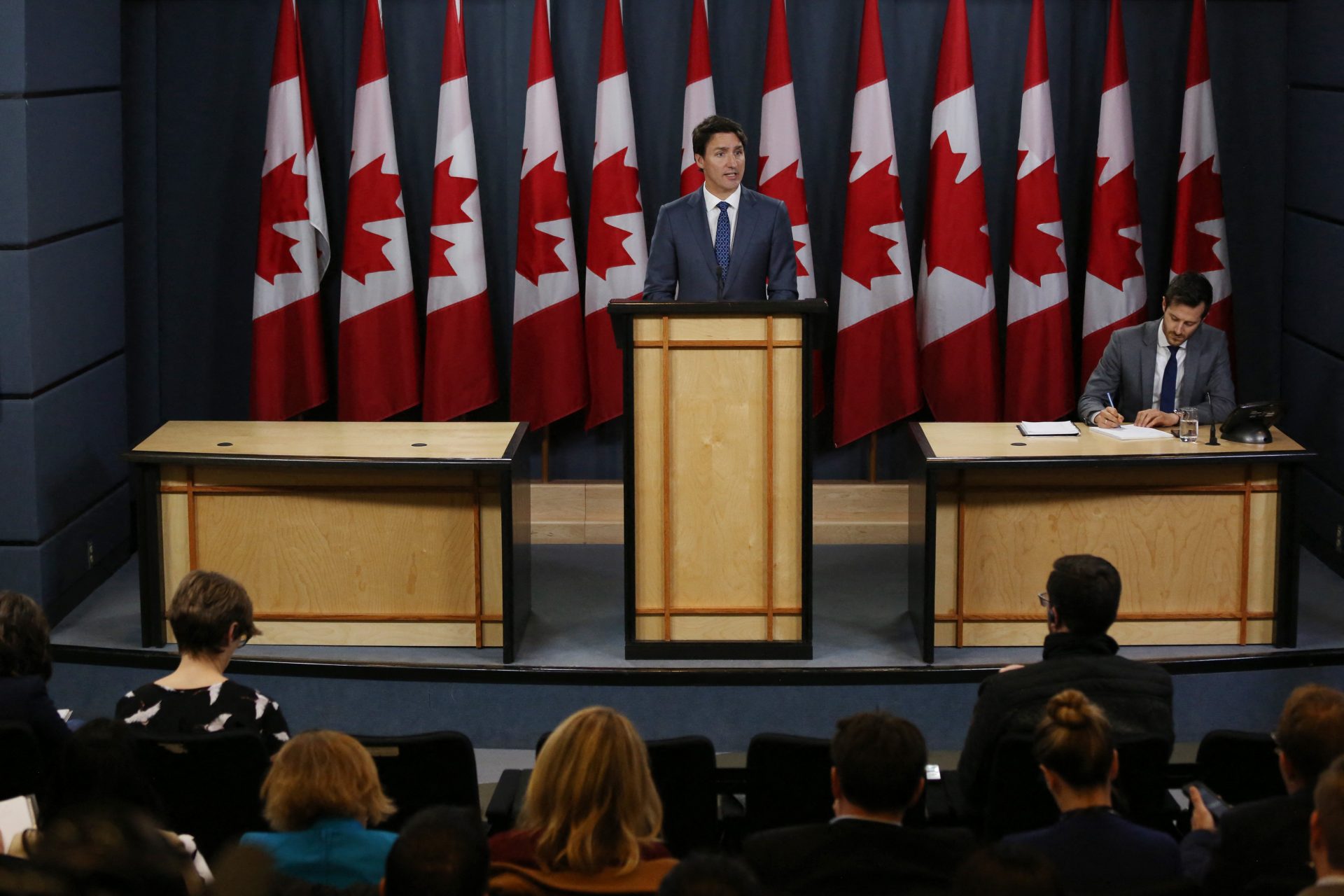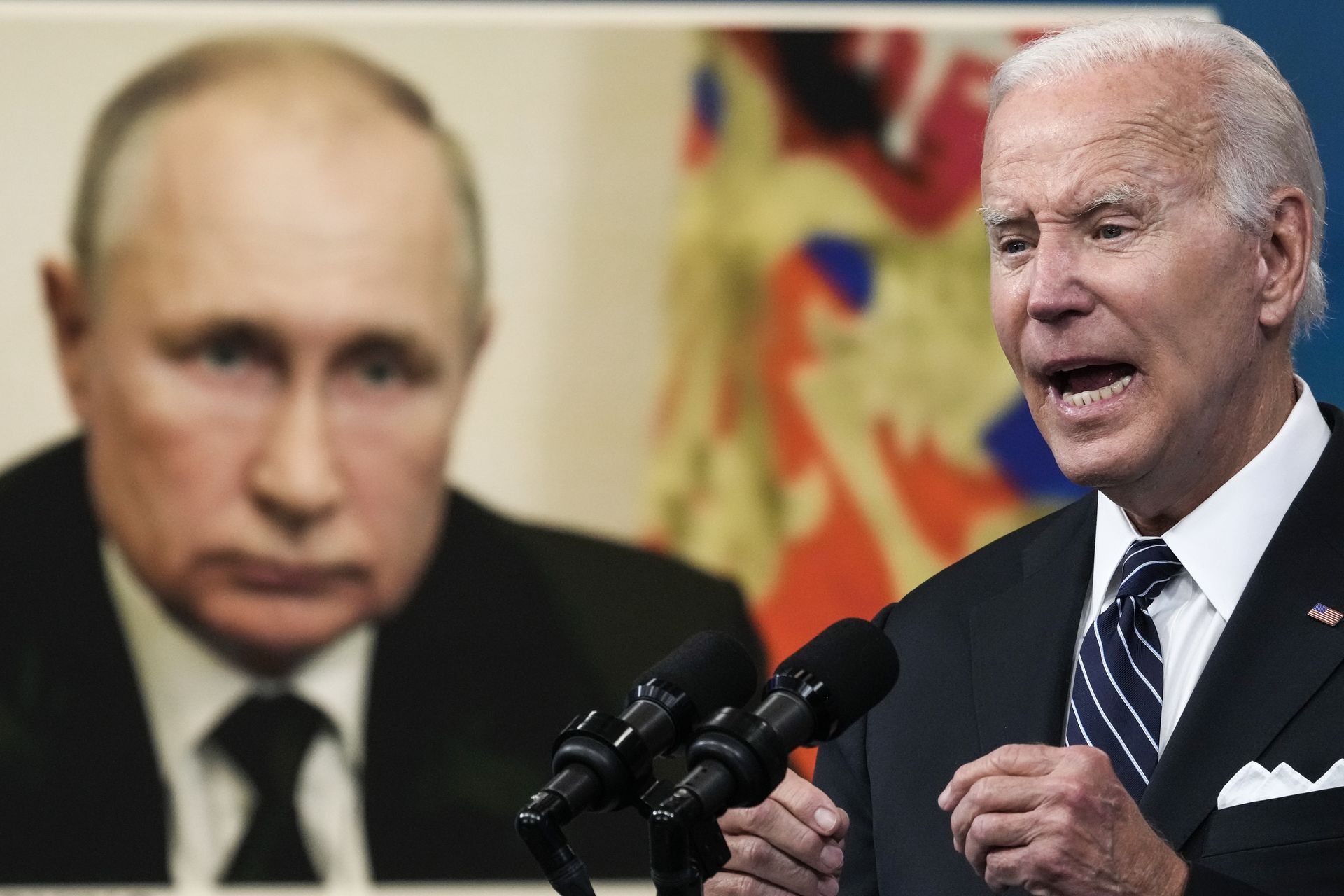A surprise victory from France’s left-wing alliance keeps the far-right from power
French voters were called to the polls for the third time in a month this Sunday, July 7, as part of the second round of the legislative snap elections called out by Macron, and everyone was in for a big surprise…
Despite Marine Le Pen’s far-right National Rally (RN) coming out on top in the first round of the elections, it was the left-wing alliance, the New Popular Front (NFP), which took the lead this time with 193 elected deputies.
The left-wing victorious alliance will have 75 deputies from the National Assembly and 65 from the Socialist Party (PS). The Ecologists and the French Communist Party have 33 and 9 seats respectively.
It seems that many French people were determined to stop the far-right from taking power as the turnout was around 67%, the highest since 1981.
Ranked third by most seat projections before the election, the presidential bloc lost its relative majority and was no longer able to govern. However, it came in second place, ahead of the RN, with 163 deputies in total.
Renaissance, Emmanuel Macron's party, is sending 99 deputies to the new assembly. This formation still dominates the central bloc, but it has lost almost half of its elected representatives compared to 2022.
Furthermore, Modem, the party of François Bayrou, has 33 deputies, and Horizons, the party of the former Prime Minister, Édouard Philippe, has 26 seats. Five other deputies affiliated with the old majority were also elected.
Feared by many citizens, the prospect of a majority, even relative, for the far-right National Rally party (RN) will not take place in 2024.
Given more than 250 seats in certain projections, Marine Le Pen's party only obtained 126 deputies, plus 17 elected representatives from the Republicans rallied to the RN, or 143 seats for this bloc.
The tactical withdrawals of third-place candidates, which took place in several hundred constituencies, avoided the concentrated far-right vote in the second round.
While projections predicted further erosion, the right-wing Les Républicains party managed to retain 68 seats (including the UDI and the various right-wing parties), and a capacity to weigh in the new National Assembly.
With no one party winning an absolute majority, parliament looks set to be divided in three big groups with hugely different platforms and no tradition of working together.
That could potentially herald a period of instability, unless the left manages to strike a deal with other parties to work together. They face the difficult task of agreeing on who will be the next prime minister.
Through the voice of France’s Unbowed Jean-Luc Mélenchon, the left immediately claimed victory and demanded leadership of the next government. However, this political bloc is not in a position to impose itself on the President of the Republic.
The hypothesis of a coalition with the RN having been excluded, the political forces of the left, the center and the moderate right will now have to negotiate and agree to form a new coalition capable of governing.
Several scenarios are possible at this stage: a broad coalition bringing together all of these parties, a minority government including either the union of the left, or the presidential bloc allied to the Republicans. The next few days will allow us to see things more clearly!
More for you
Top Stories



